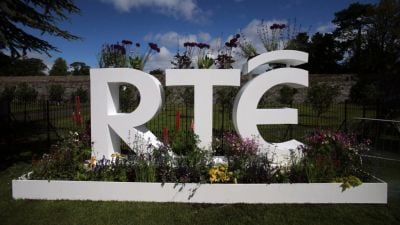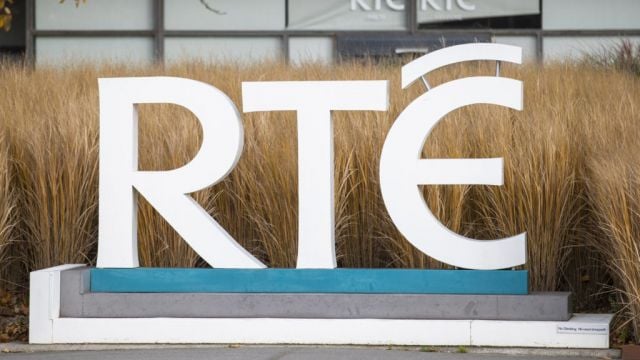RTÉ will cut 400 jobs over the next five years as part of plans to secure a €20 million bailout from the Government, according to the broadcaster's new five-year strategy.
This will be part of a phased voluntary exit programme, which will cost around €50 million.
Personnel costs as a percentage of operating costs will be reduced from 51 per cent in 2024 to 45 per cent in 2029, the "New Direction" strategy says.
RTÉ is also set to close four digital radio services, with the launch of two new apps, one for news and one for audio.
The digital radio stations in question are RTÉ Radio 1 Extra, RTÉ 2XM, RTÉ Pulse and RTÉjr radio.
All users of RTÉ Player will have to sign in to stream shows, as it aims to become the preferred streaming destination for Irish audiences.
Other new features on RTÉ Player will include the ability to continue watching on different devices, parental controls, relevant recommendations and the ability to create watchlists and rate shows.
There will also be new online channels on RTÉ Player, such as RTÉ as Gaeilge and RTÉ Archives.
There are also plans to move some areas of production away from Donnybrook, with investment in a new multi-functional studio and production facility in Cork.
RTÉ on Tuesday said it would make use of a “reduced site” and produce fewer programmes in Dublin and more outside the capital.
The strategy comes after almost a year of high-profile controversies at the public service broadcaster.
Problems first emerged last summer after the revelation that RTÉ's best paid presenter at the time, Ryan Tubridy, had received more pay than the broadcaster publicly stated.
As part of the changes, there will be further financial transparency in RTÉ’s annual report, including the publication of earnings for the leadership team, alongside the top 10 highest paid on-air presenters first published in 2024.

Launching the strategy, RTÉ director general Kevin Bakhurst said: "We cannot deliver this plan alone. As is widely recognised, funding reform is critical to protecting public service media in Ireland.
"We will continue to need the outstanding support of our staff, our partners in the independent sector and the range of organisations we work with daily across Ireland. And we will reciprocate that faith placed in us by delivering a public service broadcaster fit for the future and for our audiences."
This report also comes amid further departures from 2FM, with Donncha O'Callaghan set to leave the station's breakfast show next month.
His decision follows the recent departure of former co-host Doireann Garrihy, who left 2FM at the end of May.







